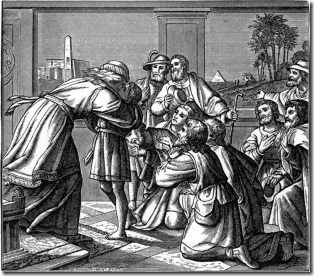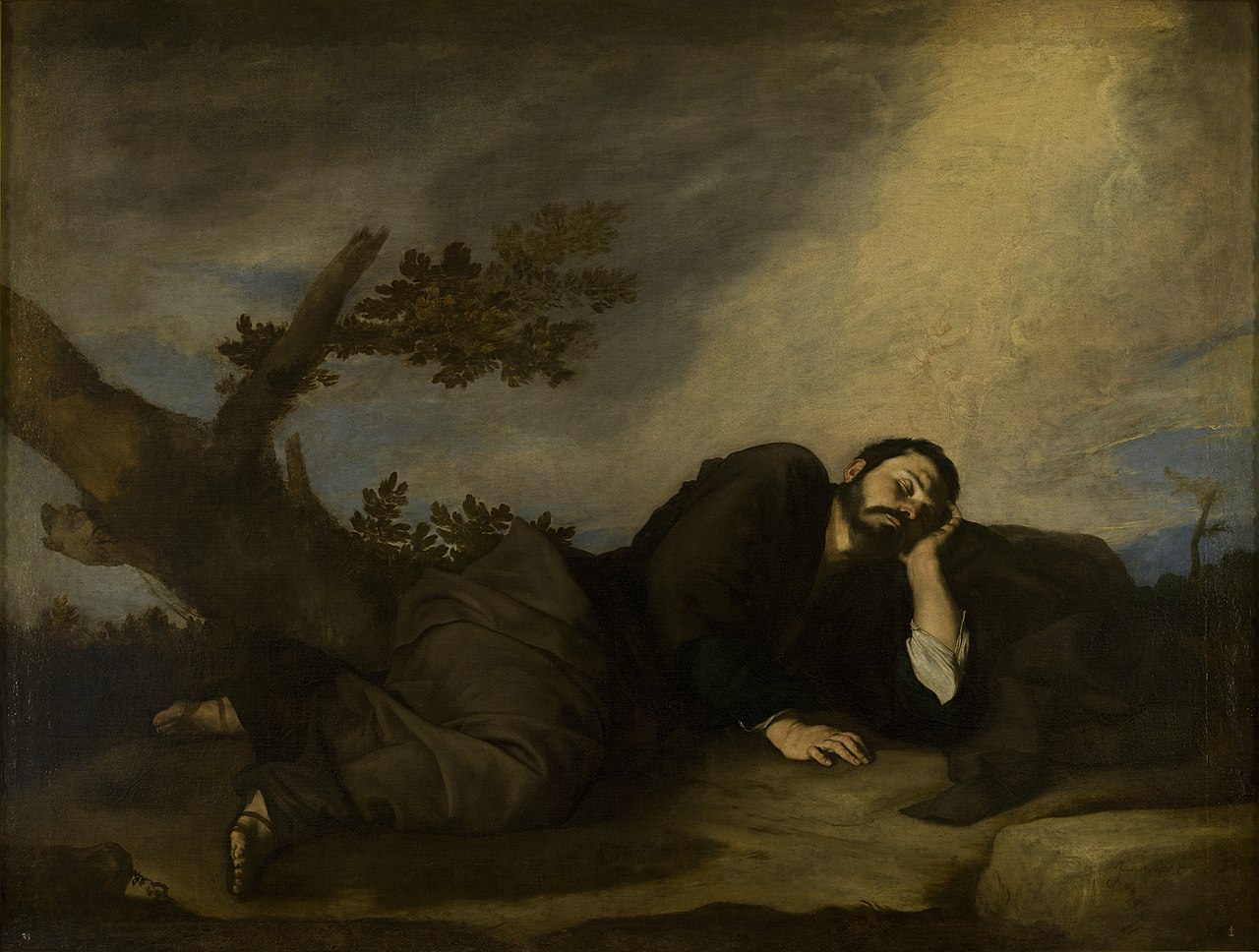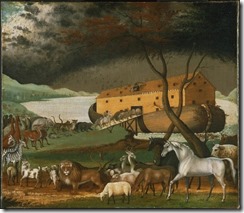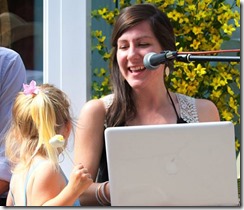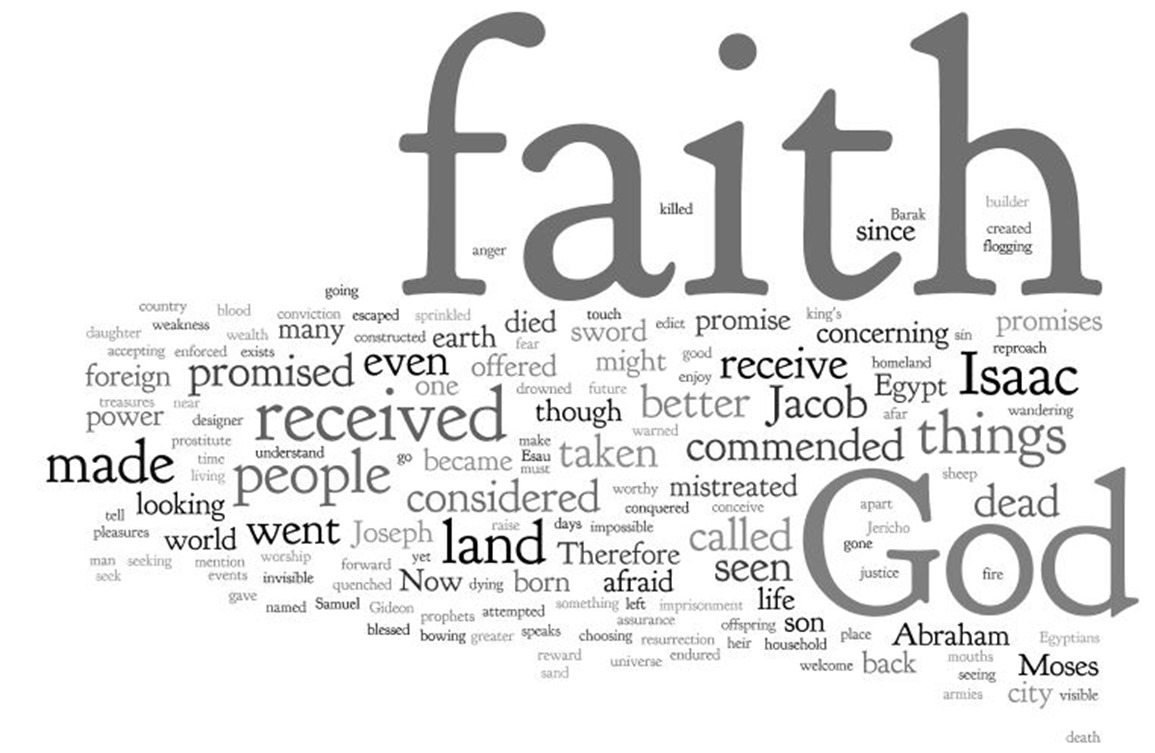Today saw the start of our new series for Sunday mornings. Between now and the end of May we are going to be looking at God at work through the key events and main characters in the book of Genesis. See Adult Bible Learning for details of the programme.
We’ve started at the beginning. The very beginning. “In the beginning God created the heavens and the earth.” (Genesis 1v1)
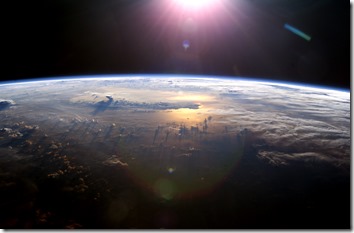
How did God create the earth?
Despite those opening words, the Bible doesn’t actually tell us very much about how God created the earth. Genesis 1 isn’t designed to be a scientific account of the formation of all the breathtaking biodiversity we see around us.
Rather, the creative process is described as being split over six days, two sets of three. Days 4 – 6 correspond with days 1 – 3 and see God populating each separate part of the creation:
- The light of day 1 is populated by the sun, moon and stars of day 4.
- The waters either side of the expanse (day 2) are populated by the sea creatures and birds of day 5.
- The dry land of day 3 is populated with the animals and humans of day 6.
The theme through the chapter culminates with God’s instruction to Adam and Eve, “Be fruitful and multiply and fill the earth and subdue it, and have dominion over the fish of the sea and over the birds of heaven and over every living thing that moves on earth.” Genesis 1v28 (ESV)
This starts to answer the more important question:
Why did God create the earth?
God loves diversity and beauty and the things that He has made demonstrate His power and glory – “The heavens declare the glory of God, and the sky above proclaims His handiwork.” (Psalm 19v1 ESV)
The heavens and earth declare God’s glory by performing the purpose for which He designed them. The sun and moon never fail to rise and set, Summer and Winter come and go each year (Genesis 8v22).
We can give glory to God by performing the mission He gave to us: to fill this world with people made in the likeness of God (Genesis 1v26), taking responsibility for the things that God has put in our care.
The Bible commences with a planet that is dark and empty. God wants it to be filled with light and beautiful things that reflect His glory.
Thus says the LORD, who created the heavens (he is God!), who formed the earth and made it (he established it; he did not create it empty, he formed it to be inhabited!): ‘I am the LORD, and there is no other….Turn to me and be saved, all the ends of the earth! For I am God and there is no other.” Isaiah 45v18, 22 (ESV)
What does it mean to be in the likeness of God? Want to know more about the mission statement?
Want to read through Genesis with us? Great, you know where to find us.




